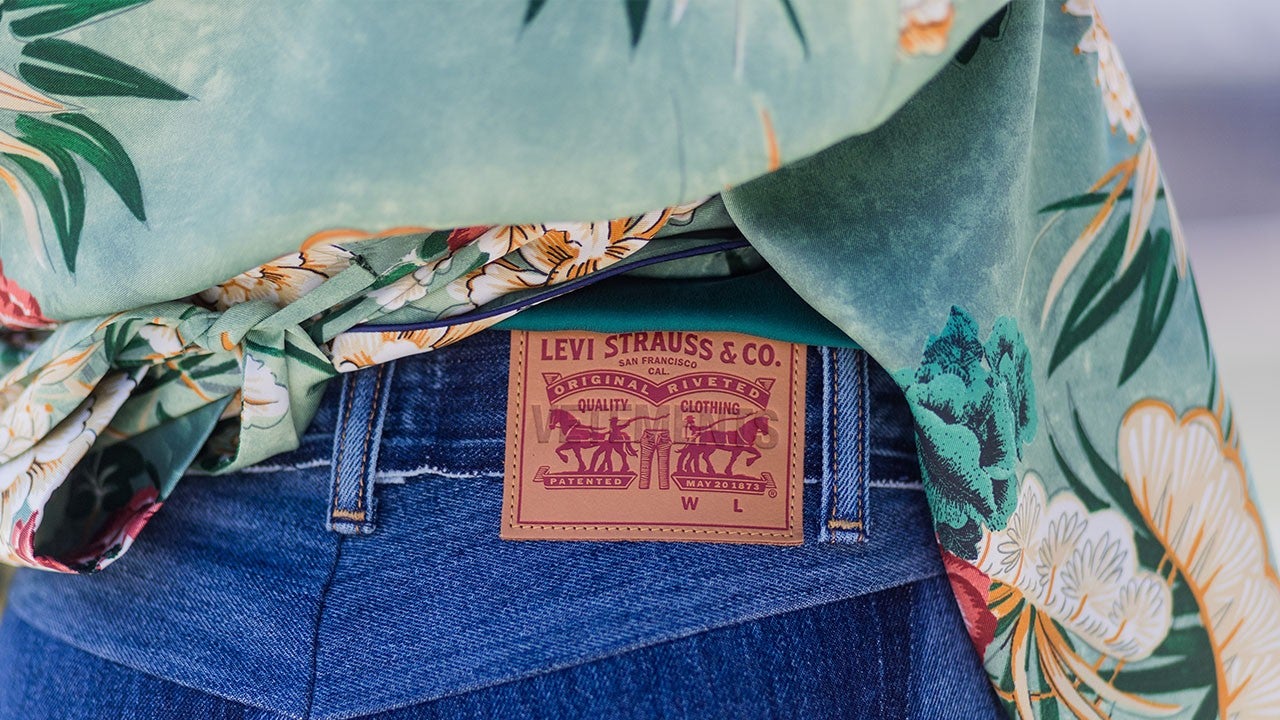Perhaps the first thing that strikes you about Prince Harry’s Spare is the way it’s written. The style is taut, tense, and staccato. Like a thriller. It’s, therefore, riveting to read. But the language lacks depth, and when the content flags, which it occasionally does when he’s recounting his time at Eton and Afghanistan, it can pall, even irritate.
Two other things are immediately obvious. Harry hasn’t overcome the trauma of his mother’s death. It’s a leitmotiv that runs through the book. Whilst this is understandable, what’s not is the fact he hasn’t reconciled to being the spare. Even at the age of 38, it rankles. It’s clearly impacted his relationship with his brother William. This is why Harry believes Willy, as he calls him, ignored him at school.
A third theme is the unending battle between the royal family and the paparazzi. The family’s motto is “never complain, never explain”. Harry, it seems, went one step further. After a night out at a pub, he would leave hidden in the boot of his car. Apparently, he says, Diana often did the same.
This book is full of revelations and there’s an awful lot of them. Some are charming. His father, the king, who does headstands in boxer shorts, calls him “darling boy”. William refers to him as “Harold”, but you never find out why. Instead, you’re told a “familiar scowl” is “his default in dealings with me”. As children in Balmoral, they would always bow when they passed a statue of Queen Victoria.
Many of the details are unnecessary and embarrassing. You wonder why he’s sharing them. For instance, Harry reveals he wet himself and jumped into the sea to cover up. That was hours before his first date with Megan. You also discover he got frostbite of the penis, which he refers to as his “Todger”. This is what he told a Harley Street physician he visited clandestinely. “The North Pole, I told him. I went to the North Pole and now my South Pole is on the fritz.” And at the age of 17, he lost his virginity to an older woman in a field behind a country pub. She treated him “not unlike a young stallion” and then “smacked my rump and sent me off to graze”.
At least one of the stories makes you wonder if the royals and their Scottish traditions are lost in time. When Harry shot his first stag, Sandy, his guide, slit open its carcass, made the young prince kneel and pushed his head into it. “My breakfast jumped up from my stomach”, Harry writes. “I couldn’t smell anything, because I couldn’t breathe. My nose and mouth were full of blood, guts and a deep, upsetting warmth.” The ritual over, Sandy insisted Harry not wipe the stag’s blood off his face. “Let it dry, lad! Let it dry!”
There are two members of the royal family Harry cannot abide by. Margaret — he calls her Aunt Margo — who once gave him a very ordinary biro for Christmas. Yet, they should have got on because, as Harry points out, like him, she too was a spare. The other is Camilla. Harry and William asked Charles not to marry her. He considers her “dangerous”. She would reveal stories to the press as part of a bid to rehabilitate her image.
Two things surprised me. Dody Fayed is never mentioned. He’s always referred to as “mummy’s boyfriend” and Harry claims he didn’t know “Paki” is racist and derogatory.
Finally, Indian readers will be delighted to discover Harry’s affection for the Gurkhas. They refused to call him Lieutenant Wales, but always “Saab”. “They had a solemn reverence for royalty. A king, to their minds, was divine. A prince, therefore, wasn’t far off.”
Our government will be pleased to learn Harry questions the legitimacy of British ownership of the Kohinoor. He says it was “acquired” by the British empire at its zenith. Stolen, some thought. He adds “I’d heard it was cursed”.
Karan Thapar is the author of Devil’s Advocate: The Untold Story
The views expressed are personal
















